Ethics Statement
The Connecticut Science & Engineering Fair (CSEF) expects all participants to operate at the highest code of conduct and ethics. More specifically, the CSEF will take all actions necessary to ensure:
- All students who register projects with the CSEF, regardless of the institution where the research takes place, certify that the research proposed, hypothesis developed, experiments designed and executed, data collected, analysis performed, and conclusions reached represents the novel, unique, and independent contribution of the student.
- The CSEF aims to promote and encourage scientific collaboration, mentorship, and advisement opportunities between students and practicing scientists and engineers. However, advisors should be careful to limit their assistance and involvement to instruction of required background theory or experimental techniques, and providing critical feedback to student generated ideas, hypotheses, data, analysis, and conclusions. Furthermore, all advisors are expected to operate at the highest level of scientific ethics and monitor the activities of the student to ensure their simultaneous compliance.
- Plagiarism, of any type and format, is strictly prohibited. For clarity, plagiarism is defined as, “when an author attempts to pass off someone else’s work as his or her own.” (Nature Journal Editorial Policy, 2009). Examples of plagiarism include, but are not limited to:
- Copying another person’s work from any resource (i.e., periodical, book, Internet) and submit it as one’s own.
- Paraphrasing or using parts of another person’s work (i.e., ideas, written work, diagrams, graphs, charts, images) without properly citing it as a resource
- Duplicate publication, by reusing substantial parts of his or her own published work without providing appropriate references.
Should any member of the CSEF staff detect ethics misconduct, it will immediately be brought to the attention of the CSEF Director. Should misconduct be confirmed, the student’s project will immediately be disqualified from further participation, the student’s school and any advisers will be notified. At the discretion of the CSEF Director, the student may be prohibited from future participation at the CSEF.
Participants are required to abide by the Ethics statement and recognize that their failure to abide by the ethics statement may result in disqualification from the current fair and possible exclusion from future Fairs.
Download a pdf of the CSEF Ethics Statement
Definitions (Oxford English Dictionary):
Ethics: moral principles that govern a person’s behavior or the conducting of an activity.
Plagiarism: when an author attempts to pass off someone else’s work as his or her own.

